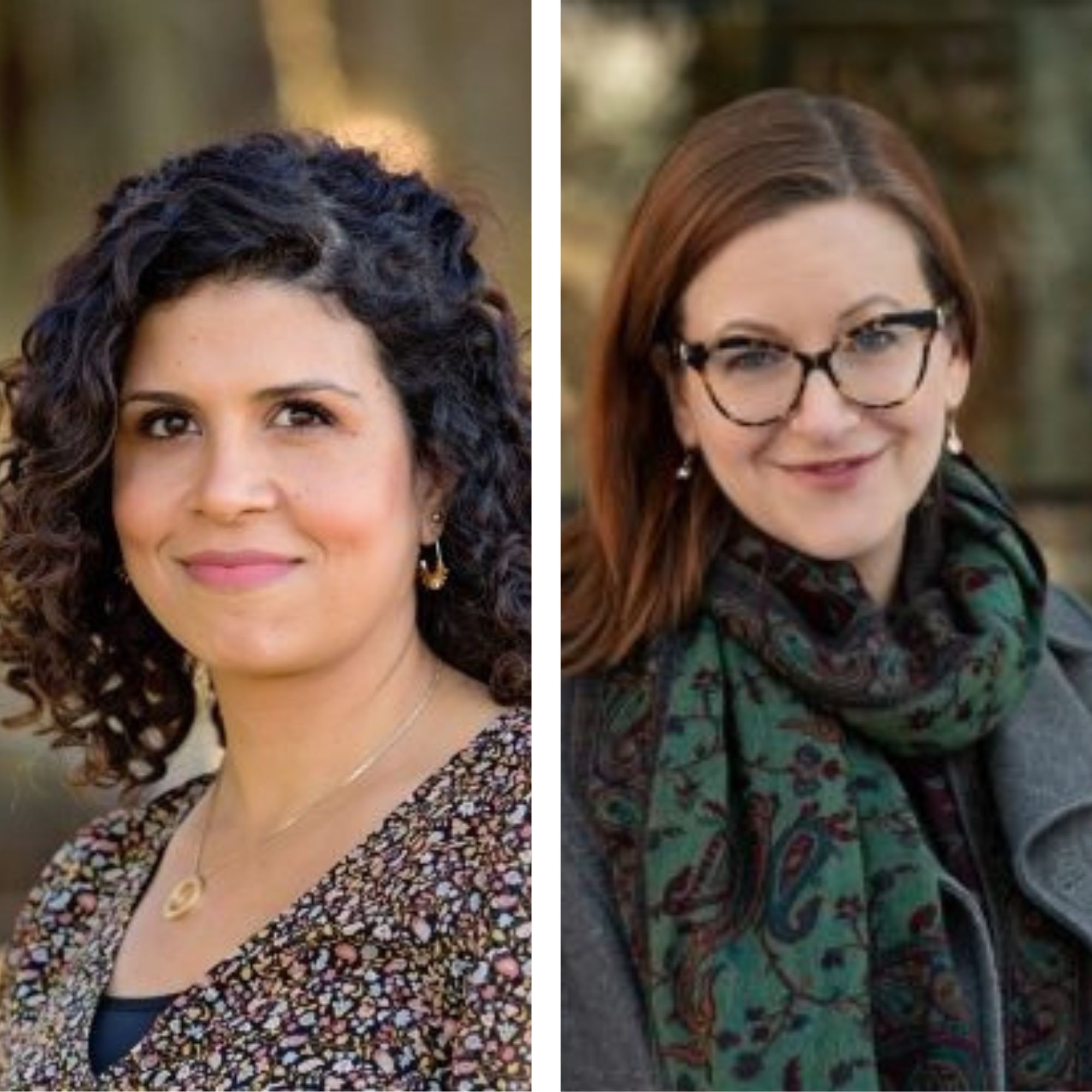The Abrahamic Sensorium
Yasmin Moll (LSA - Anthropology)
Rebecca Scharbach Wollenberg (LSA - Judaic Studies)

In a course or a workshop that is part of the Abrahamic Sensorium, students engage with sounds, scents, tastes, sights and tactile manifestations of Jewish, Christian and Muslim traditions.
Centering the senses in the classroom “allows students to bypass rehearsed narratives both about their own religious traditions and those of other traditions, thus enabling new spaces of engagement around fraught topics,” Michael Lempert, professor of anthropology in LSA, wrote in nominating the project.
Sensory pedagogy offers students direct and shared experiences that are visceral and evocative. They might taste and smell a meal re-created from archives by an “anthro chef,” or experiment with writing instruments used to produce scriptural texts in different communities and eras.
During the pandemic, vials were mailed to students’ homes so they could synchronously experience and describe the same scents over Zoom, despite physical separation.
When students learn through their bodies and senses, and not only through intellectual engagement with texts, they reflect more deeply on course topics and connect more significantly with other students in the classroom.
They notice the uniqueness of each religious tradition and points of comparison and connection. This supports a more robust classroom climate of diversity, equity and inclusion, even when exploring topics that are personally and socially sensitive.
In the Anthropology of Islam course, U-M student Garret Ashlock took part in a field trip to Hamtramck to learn how to visualize public Muslim-American life through photography. “I went from perceiving the community’s culture as being somewhat alien to mine to understanding the remarkable similarities and sympathies between them,” Ashlock wrote.
Above photo:
Yasmin Moll (left), LSA - Anthropology and Rebecca Scharbach Wollenberg (right), LSA - Judaic Studies
